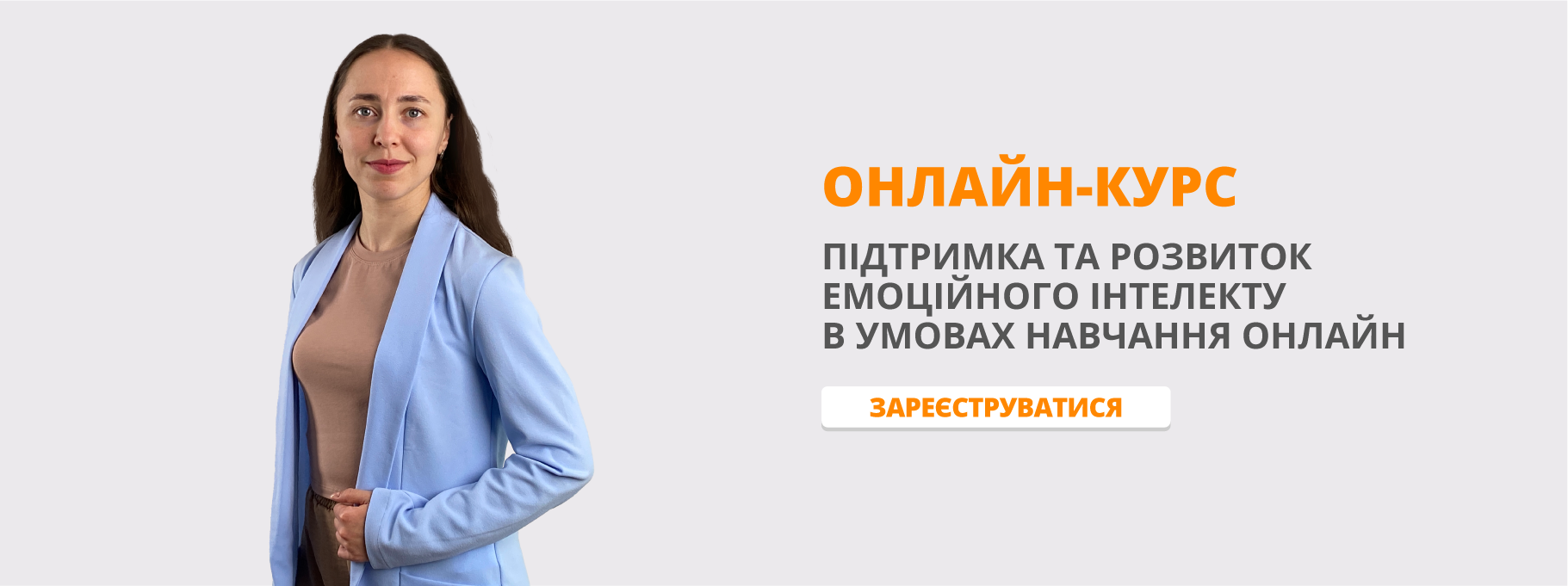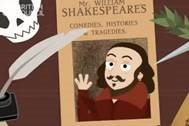Сценарій гри виклику "The Taming of Shakespeare"
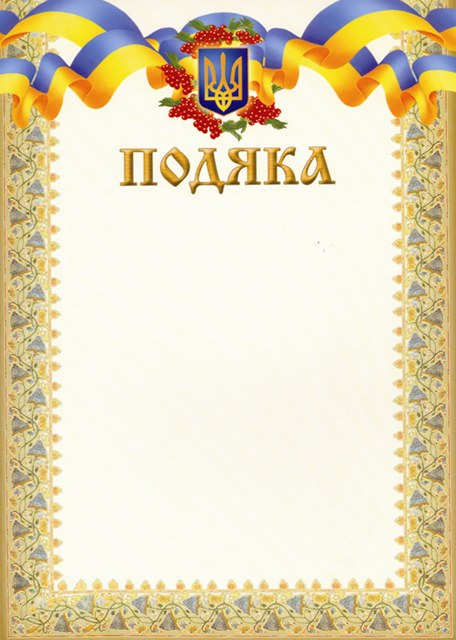
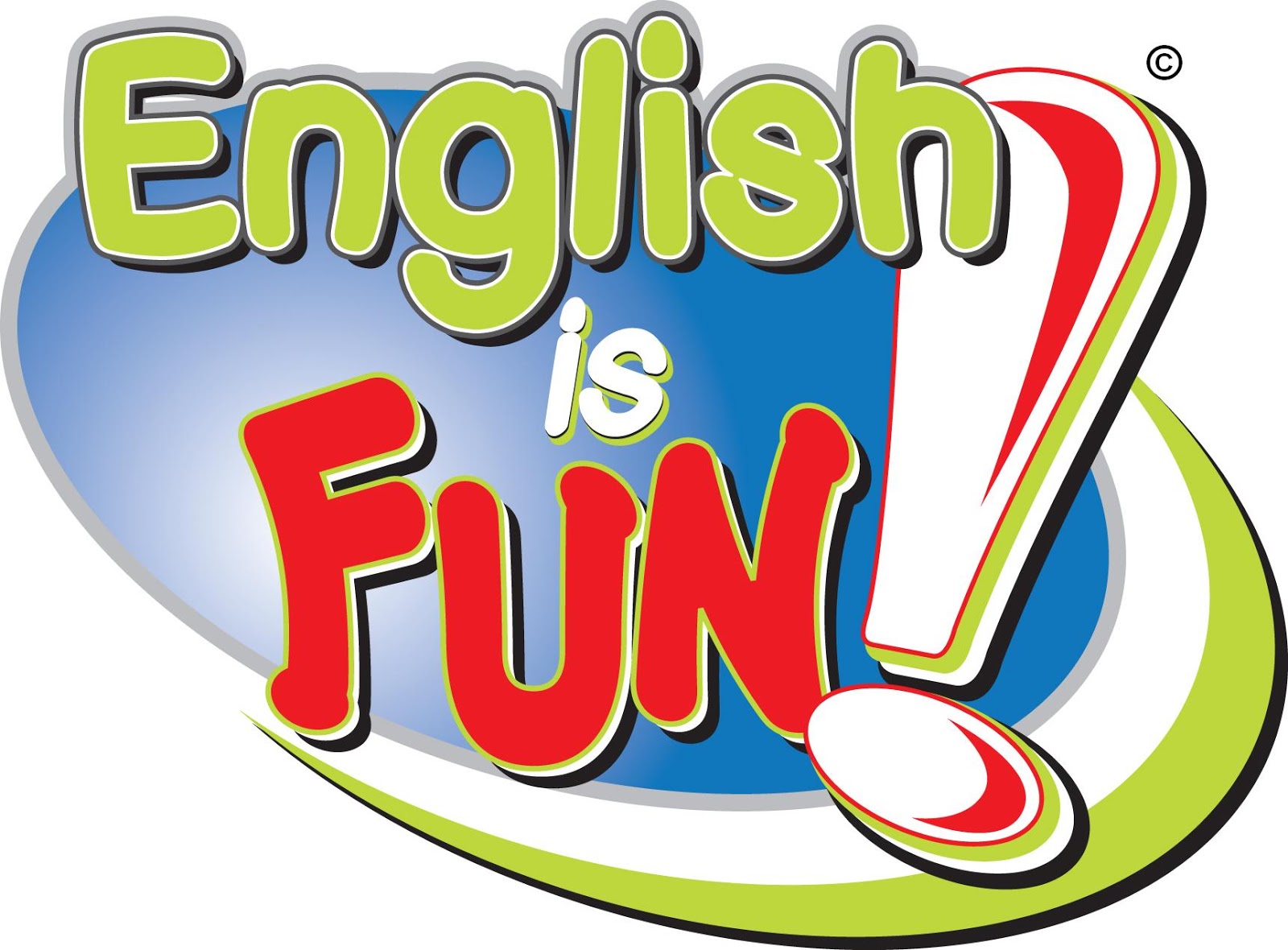
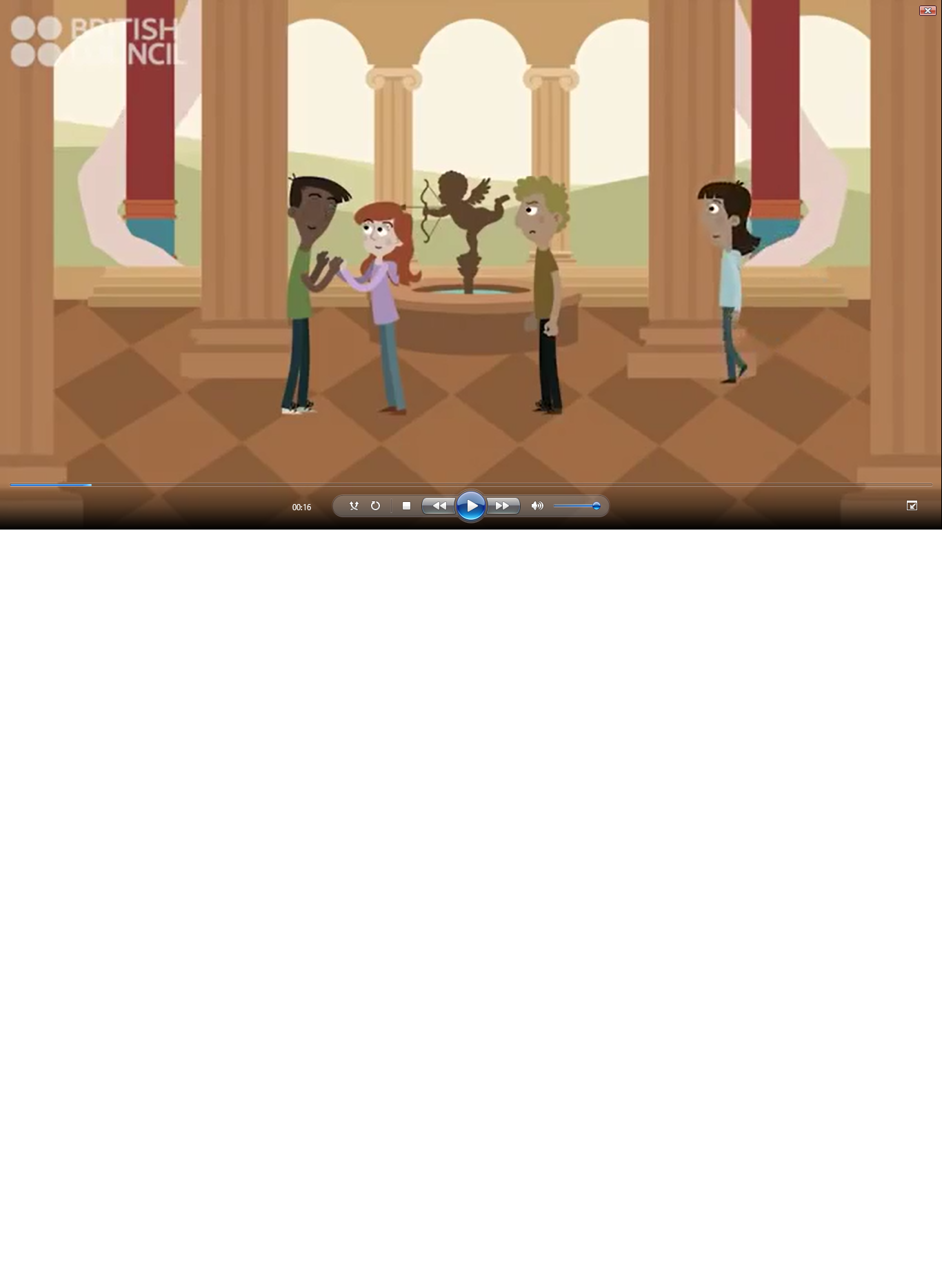
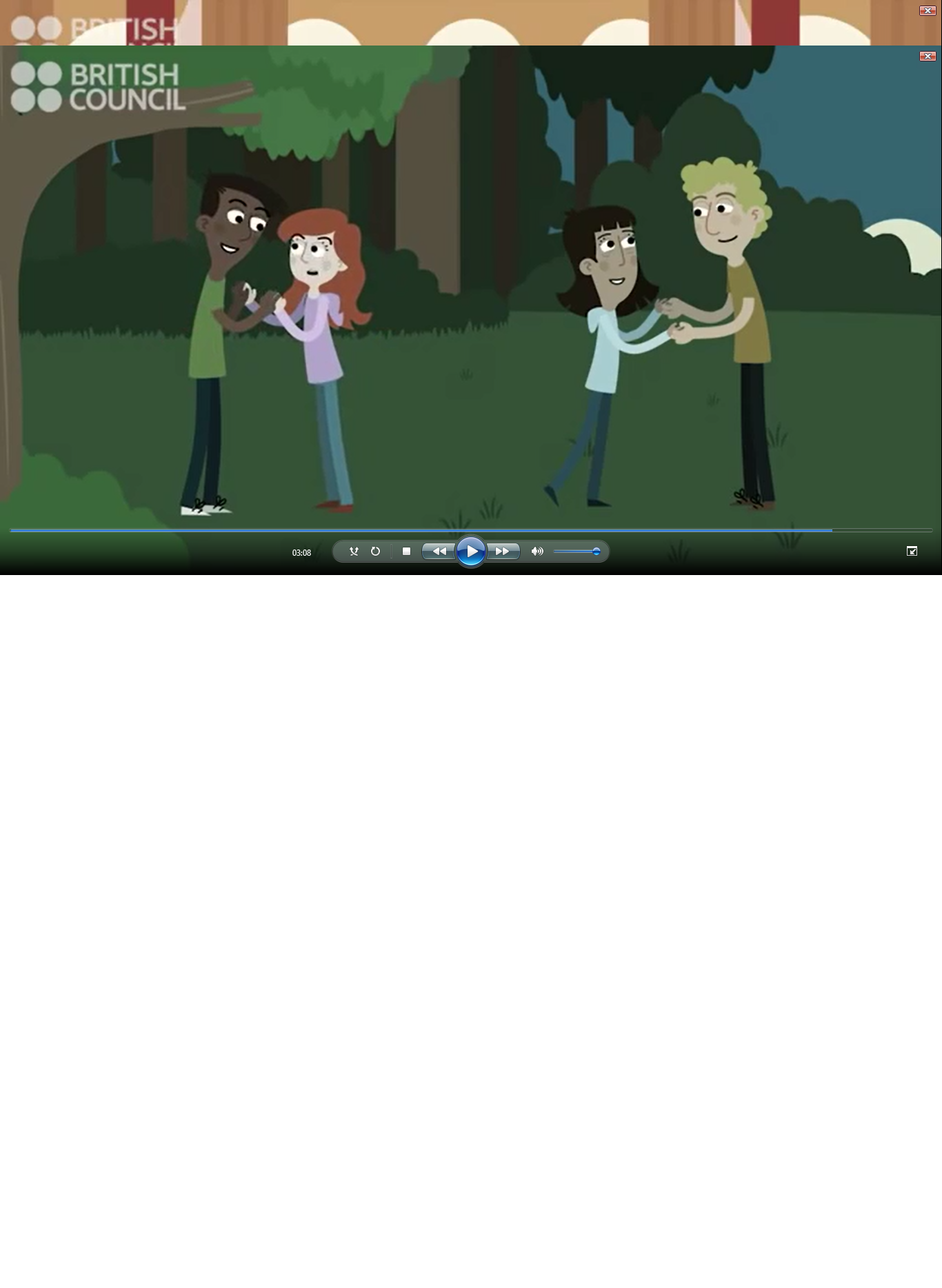
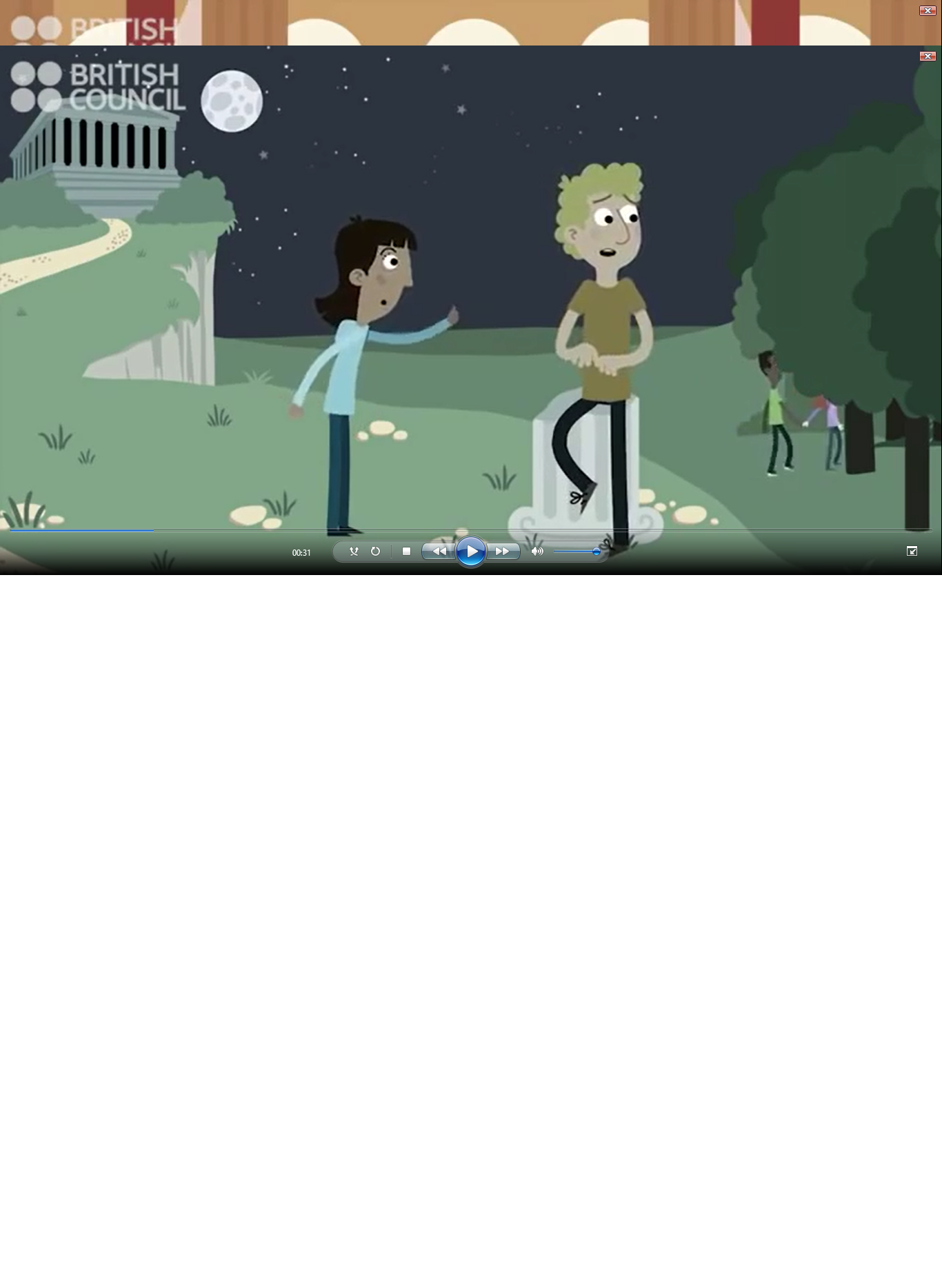
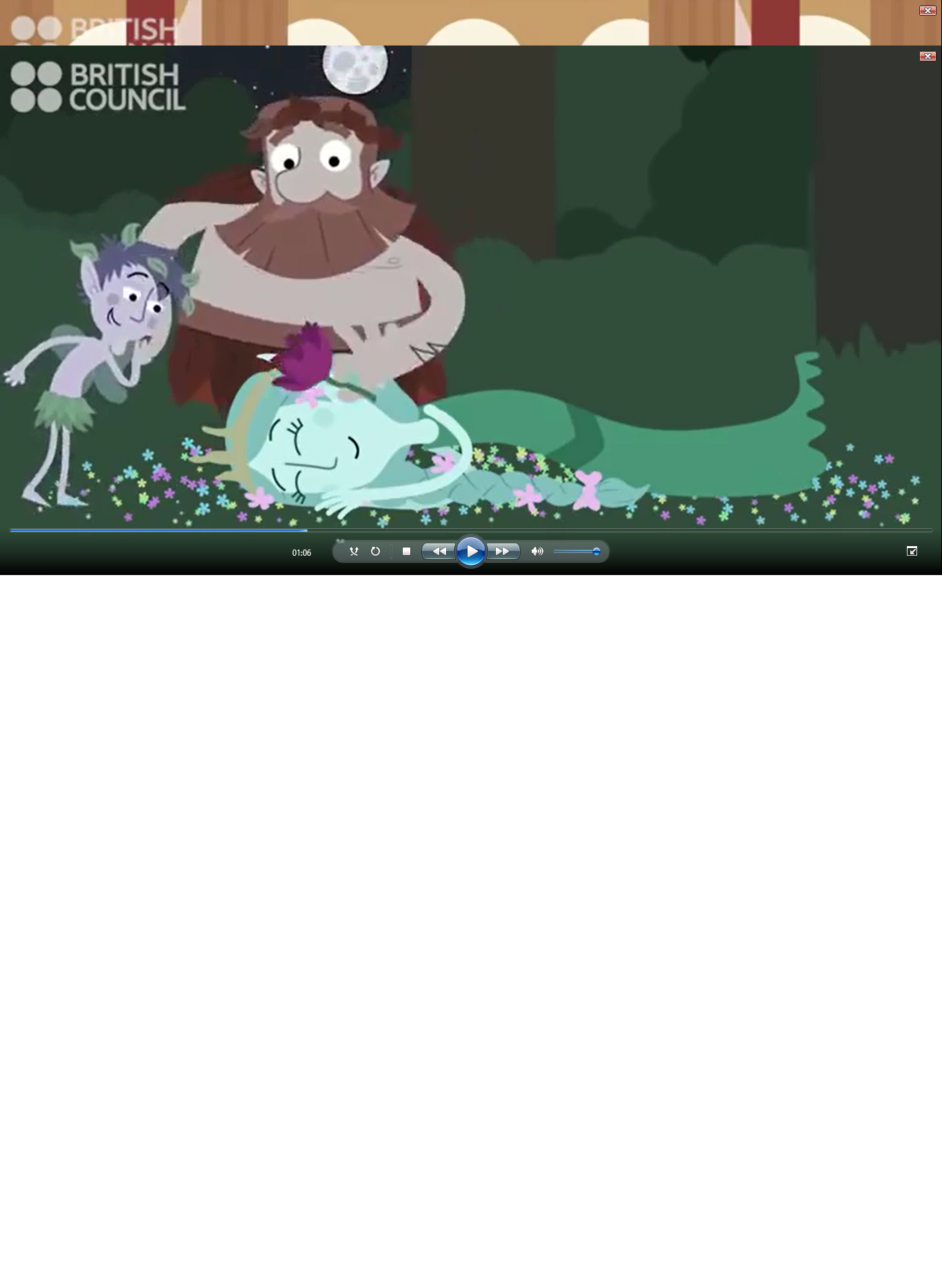
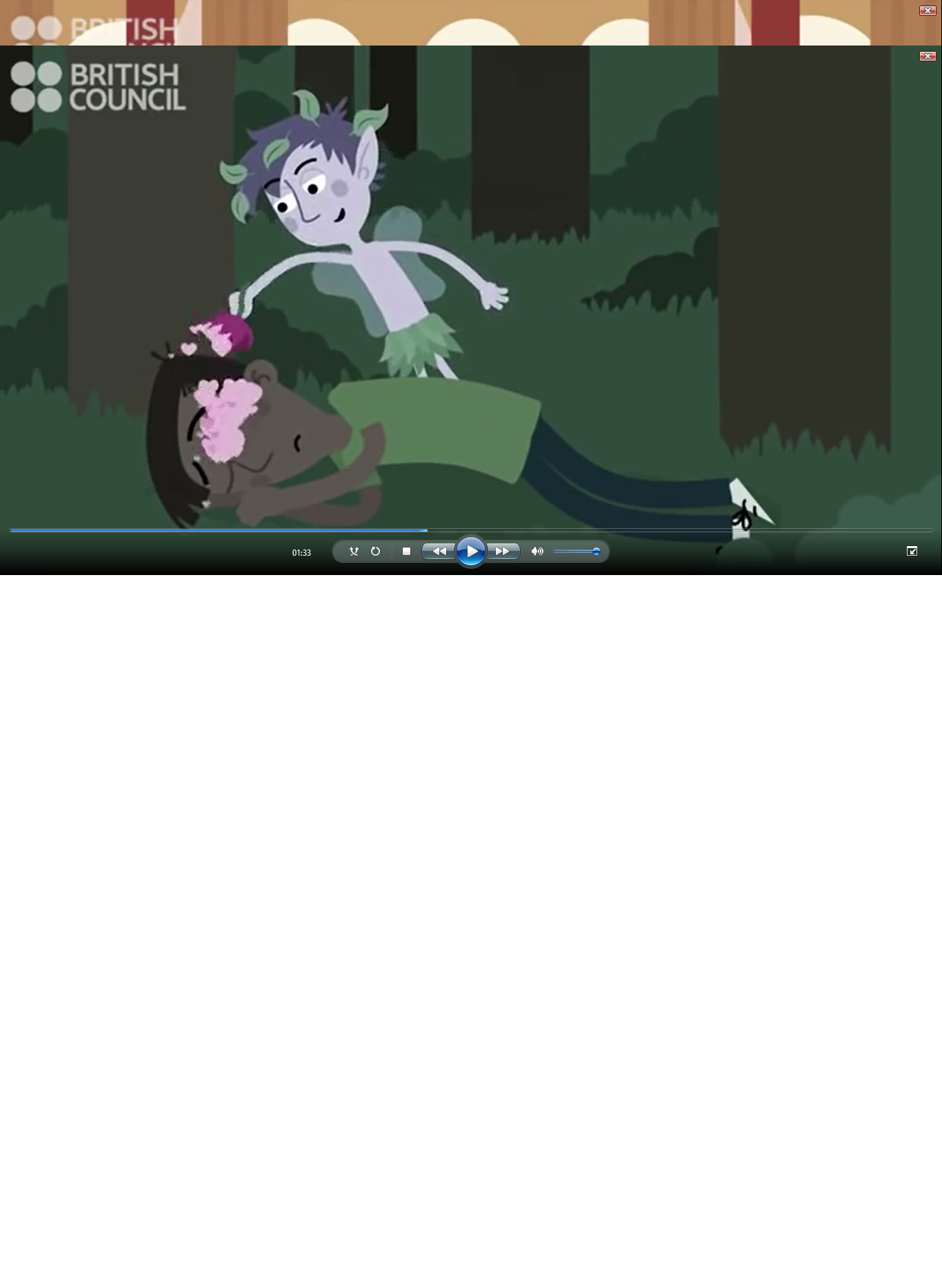
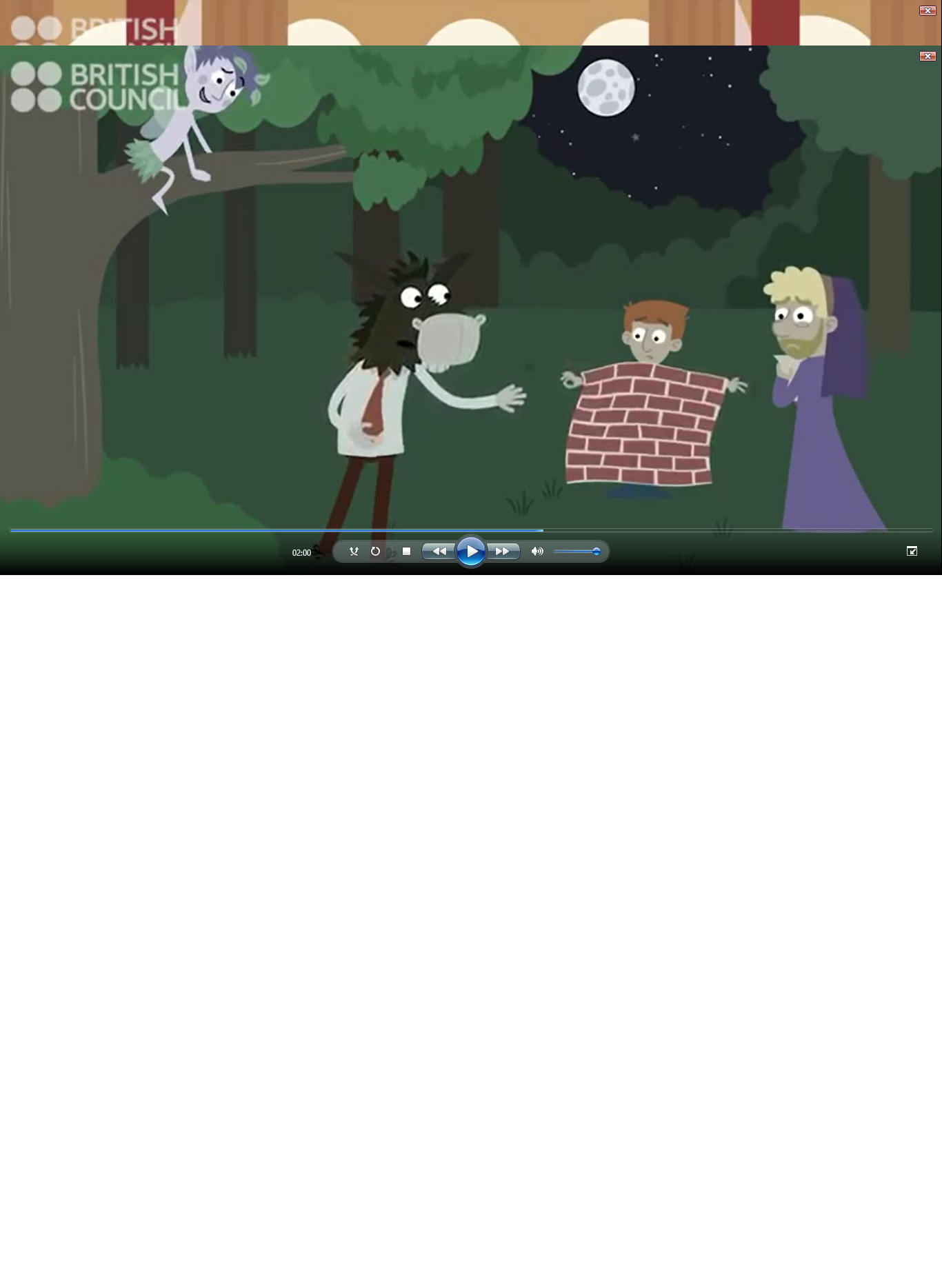

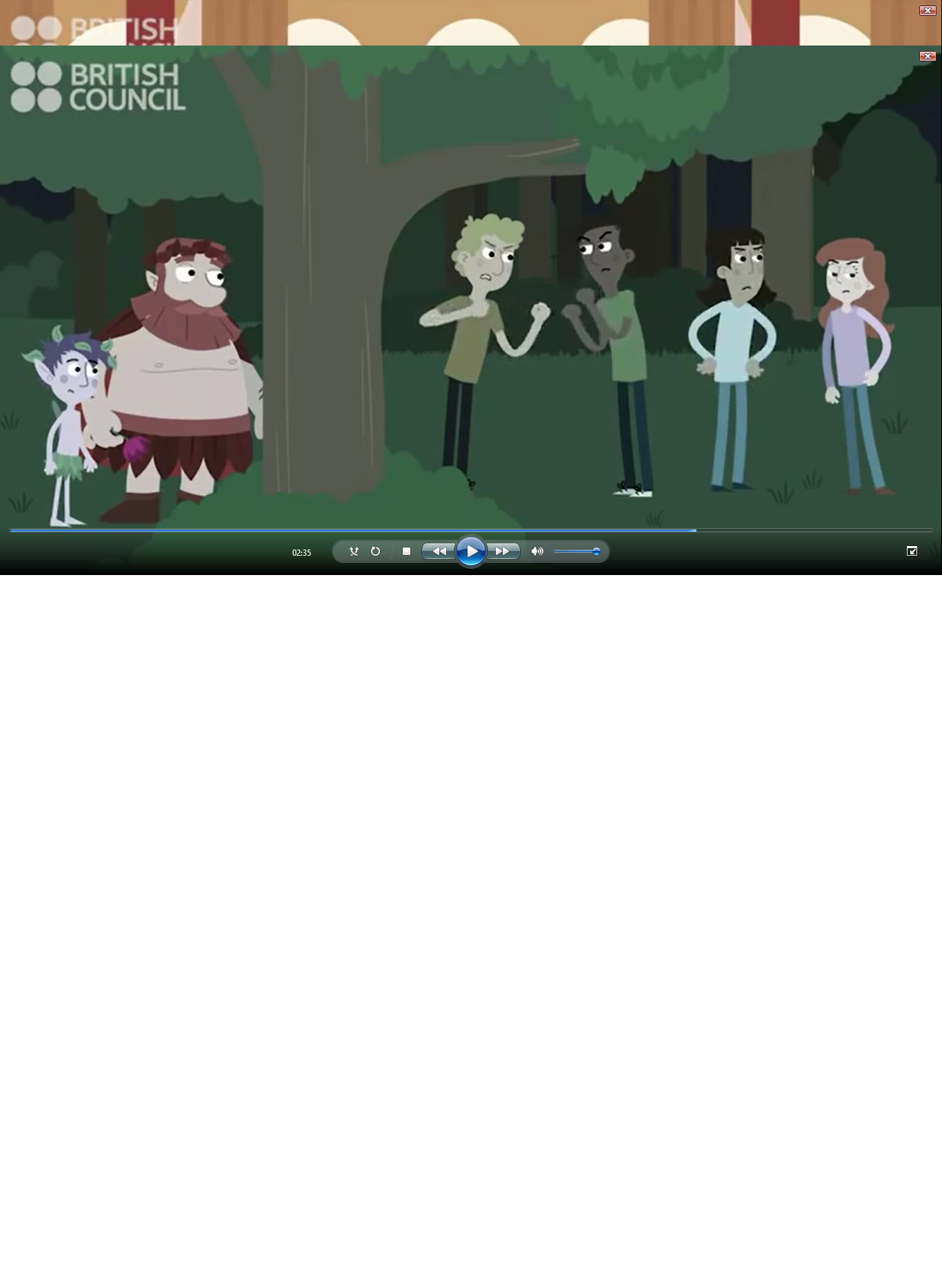
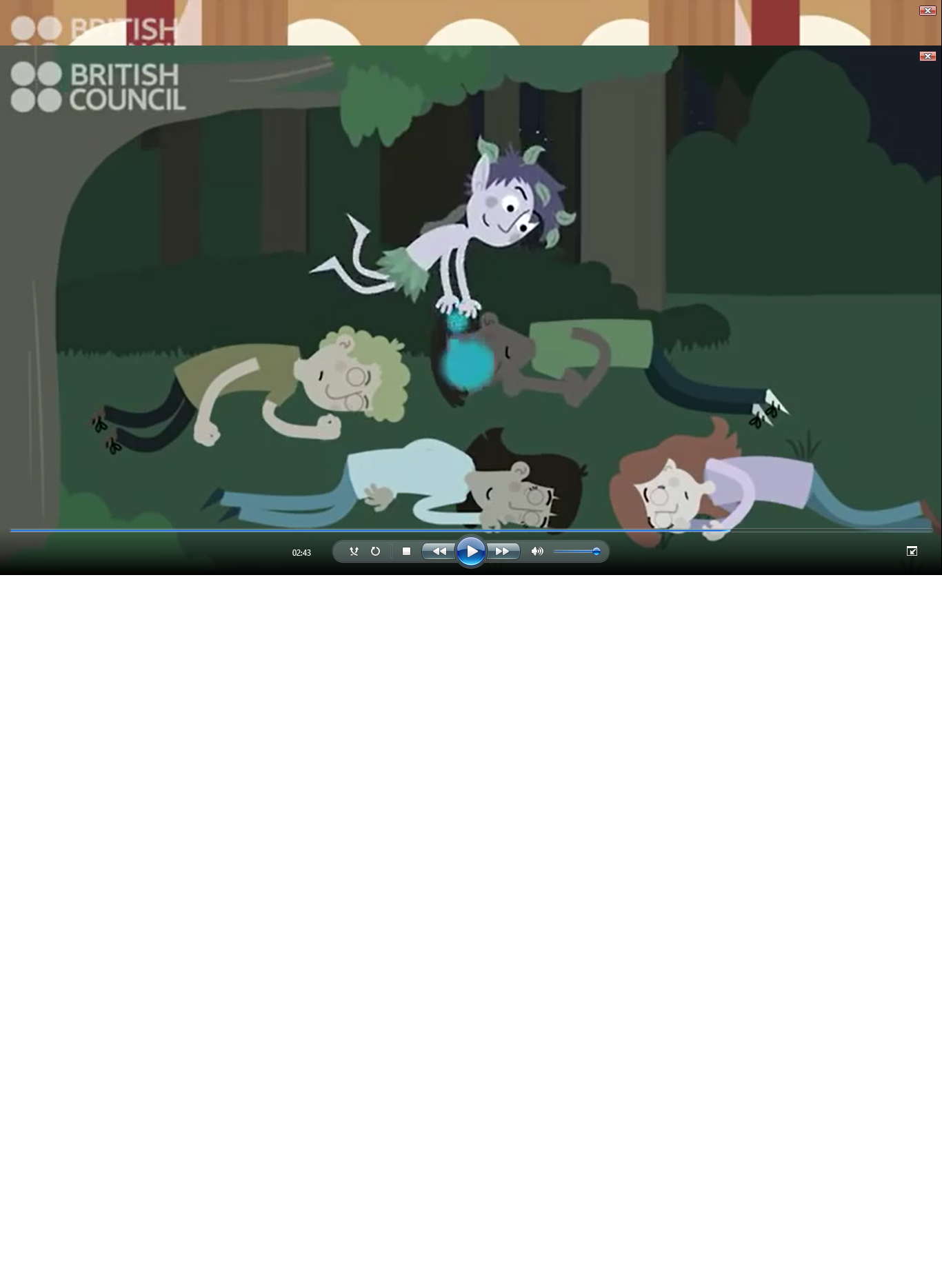
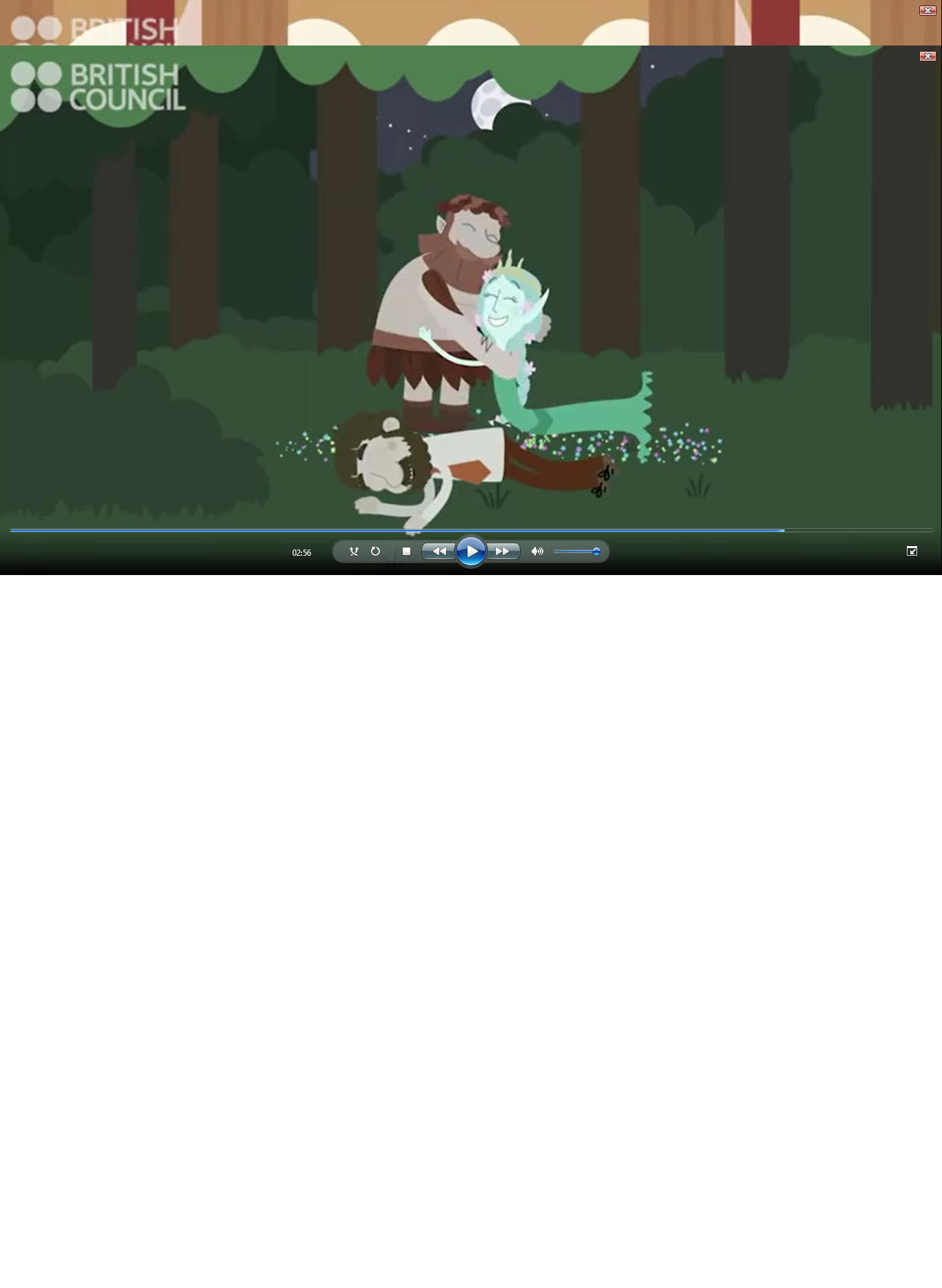
A Midsummer Night’s Dream – ANSWERS
|
Write the word under the p |
ictures. |
|
|
|
|
|
love |
forest |
follow |
flower |
|
eyes |
wake up |
head |
donkey |
spell |
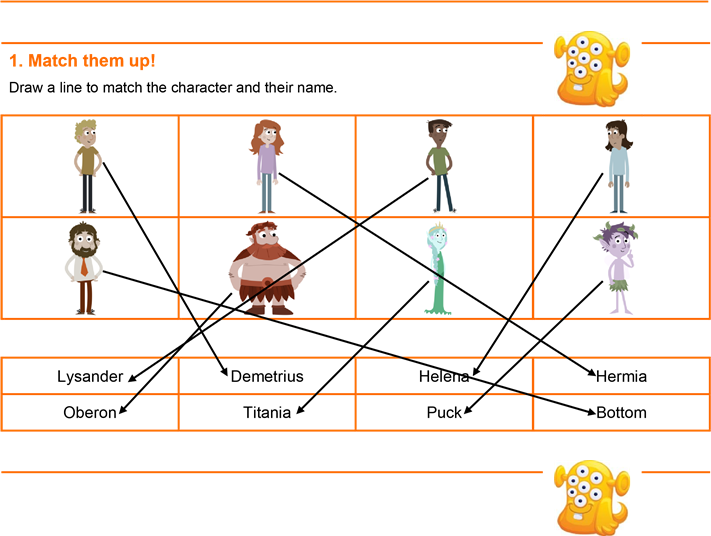 2. What’s the word?
2. What’s the word?
|
|
|
|
|
|
|
love |
flower |
dream |
eyes |
head |
|
|
|
|
|
|
|
donkey |
forest |
wake up |
spell |
follow |

|
|
|
|
|
|
|
|
|
|
|
|
|
|
|
|
|
|

![]() 4. True or false?
4. True or false?
Circle True or False for these sentences.
a. Demetrius loves Hermia but Hermia loves Lysander.
b. Helena loves Demetrius.
c. Hermia and Lysander run away together to the mountains forest.
d. Oberon wants to play a trick on Puck Titania.
e. The juice from the magic flower makes you love the first thing you see.
f. Puck puts the juice on Demetrius Lysander.
g. Puck changes Bottom’s head into a horse’s donkey’s head.
h. Oberon makes Demetrius love Helena.
i. Oberon Puck takes the magic spell away from Lysander.
j. The next morning, Lysander loves Hermia and Demetrius loves Helena.
5. Complete the sentences!
 Children complete the sentences to retell the story in their own words. If this is difficult for them, they can play the matching game under the video first to help. The suggested answers below are just a guide – the exact wording will depend on the child.
Children complete the sentences to retell the story in their own words. If this is difficult for them, they can play the matching game under the video first to help. The suggested answers below are just a guide – the exact wording will depend on the child.
a. At first, Demetrius loves Hermia, Hermia loves Lysander, and _Helena loves Demetrius._
b. Hermia and Lysander run away to the forest, and Demetrius and Helena follow them.
c. Oberon puts juice from a magic flower on Titania’s eyes so she’ll fall in love with the first thing she sees.
d. Puck puts the magic juice on Lysander, then Lysander falls in love with Helena.
e. Puck changes Bottom’s head into a donkey’s head, then Titania falls in love with him.
f. Oberon puts the magic juice on Demetrius, so now Lysander and Demetrius love Helena.
g. Puck and Oberon take the magic spells away from Lysander, Bottom and Titania.
h. The next morning, Demetrius and Helena are in love, and Lysander and Hermia are in love.


Demetrius Helena

Lysander Hermia

Oberon Titania

Puck Bottom

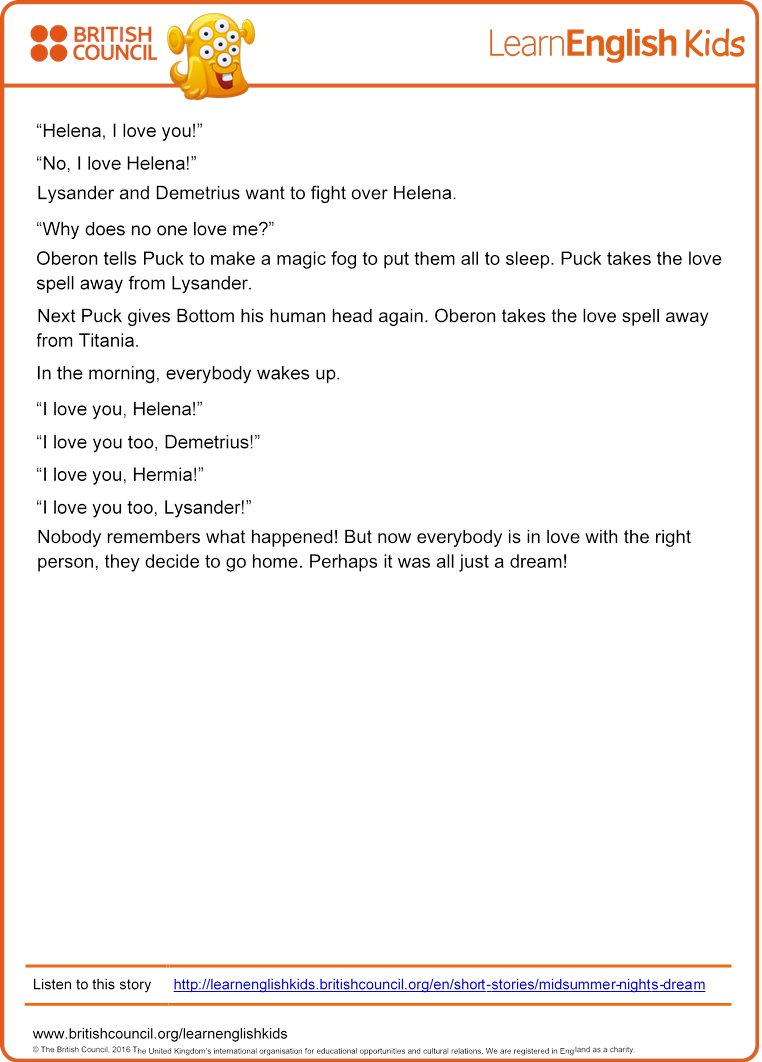
|
Write the word under the p |
ictures. |
|
|
|
|
|
love |
forest |
follow |
flower |
|
eyes |
wake up |
head |
donkey |
spell |
 A Midsummer Night’s Dream
A Midsummer Night’s Dream
|
|
|
|
|
|
|
|
|
dream |
|
|
|
|
|
|
|
|
|
|
|
|
|
|

|
|
|
|
|
|
|
|
|
|
|
|
|
|
|
|
|

 4. True or false?
4. True or false?
Circle True or False for these sentences.
a. Demetrius loves Hermia but Hermia loves Lysander.
b. Helena loves Demetrius. true false
c. Hermia and Lysander run away together to the mountains. true false
d. Oberon wants to play a trick on Puck. true false
e. The juice from the magic flower makes you love the first thing you see. true false
f. Puck puts the juice on Demetrius. true false
g. Puck changes Bottom’s head into a horse’s head. true false
h. Oberon makes Demetrius love Helena. true false
i. Oberon takes the magic spell away from Lysander. true false
j. The next morning, Lysander loves Hermia and Demetrius loves Helena. true false

a. At first, Demetrius loves Hermia, Hermia loves Lysander, and _Helena loves Demetrius._
b. Hermia and Lysander run away to the forest, and __________________________________________.
c. Oberon puts juice from a magic flower on Titania’s eyes so ___________________________________.
d. Puck puts the magic juice on Lysander, then Lysander ______________________________________.
e. Puck changes Bottom’s head into a donkey’s head, then Titania ______________________________.
f. Oberon puts the magic juice on Demetrius, so now _________________________________________.
g. Puck and Oberon take the magic spells away from _________________________________________.
h. The next morning, __________________________________________________________________.

........................................................................
........................................................................
........................................................................
........................................................................
........................................................................
 What do you think? Was it just a dream or did it really happen?
What do you think? Was it just a dream or did it really happen?
If it was a dream, why does Demetrius love Helena when they wake up?

|
|
• Now learners should complete exercise 4 (true or false). Fast finishers can try to correct the false sentences. • Ask learners if they liked the story and why. Did they think it was funny, interesting, happy/sad, etc.? • If your learners need more support understanding the video, you might like to adapt the transcript of the video and get learners to act it out. |
|
2. Discuss ideas from the play (5– 10 mins) |
• Two of the ideas in A Midsummer Night’s Dream are ‘dreams’ and ‘magic’. The depth to which you discuss the ideas and questions in this stage will depend on the age and maturity of your learners and you may need to provide more or less support. • Ask your learners if they think the ending was a happy ending, and why. Elicit ‘because they were all in love with the right person at the end’ – Hermia and Lysander love each other, and Helena and Demetrius love each other. But what was the situation at the beginning of the play? Elicit that Hermia and Lysander loved each other, and Helena loved Demetrius, but Demetrius didn’t love Helena. • Now ask your learners why Demetrius loves Helena at the end of the play. Elicit that it is because Oberon uses the magic flower to make him fall in love with her. • Do your learners think it was a dream or did it really happen? If it was a dream, how come Demetrius loves Helena when they wake up? |
|
3. Extension (20–30 mins) |
• In the play, a magic flower is used to make people fall in love with each other. Ask your learners if they know any other stories where the characters have used magic. How did they make the magic? For example, was it a magic potion or a magic spell? • Ask learners to imagine they could go to sleep tonight, and dream about something magical happening. What would they like to dream about? Would they like it to be true when they wake up or only a dream? Brainstorm some ideas on the board, then learners can write about their dream, illustrate it or storyboard it. • Alternatively, ask learners to invent their own magic potion or spell! Brainstorm on the board ideas for what magic the potion or spell will do. Encourage both horrible potions and nice potions, for example it will turn you into a frog or it will make you good at homework! Brainstorm ideas for the recipe, then learners can write about their potion or spell and illustrate it. • You could put all the dreams or potions/spells up around the class, and learners can say whether they would like to have this dream, or try the potion/spell or not. |
|
4. Further activities |
Would you like to extend your learners’ work with A Midsummer Night’s Dream? Try one of our suggested further activities here: http://www.teachingenglish.org.uk/article/shakespeare-extension-activities-kids |
 Contributed by
Contributed by
Rachael Ro
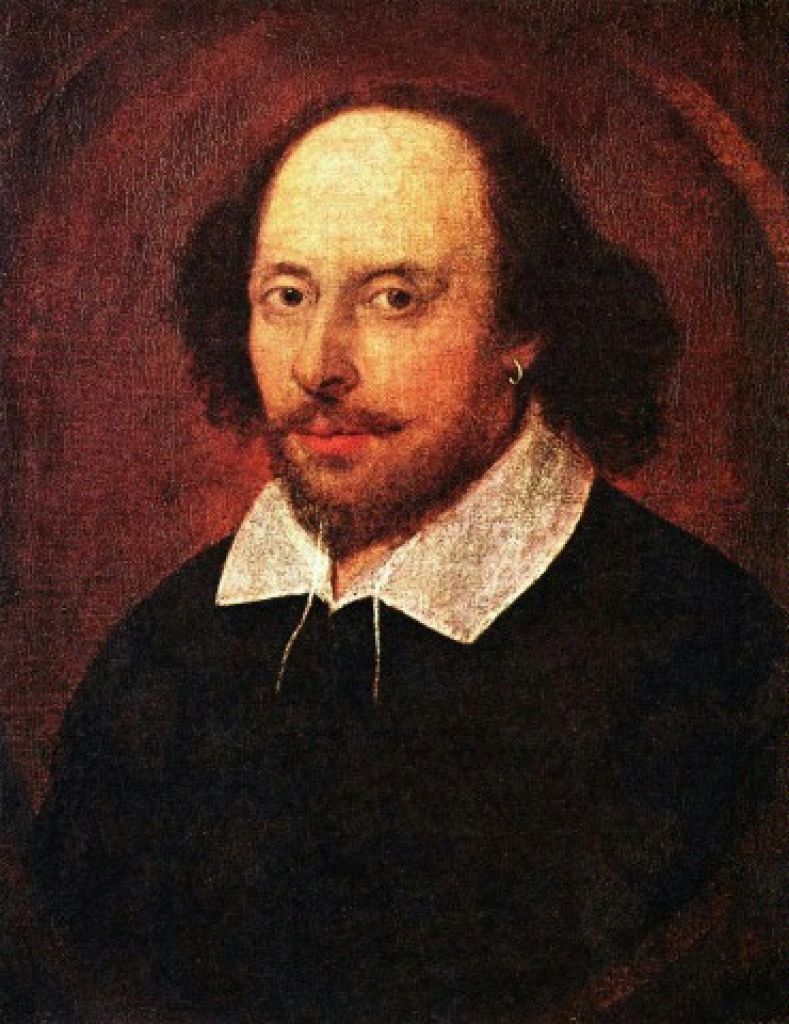



E
N
G
L
I
S
H
W
E
E
K
WE
LIKE
ENGLISH
VERY
MUCH
Team 1. “Smart kids”
Motto:
We are smart kids
We’ll have success.
Step aside
We’ll get access.
Team 2. “Juniour experts”
Motto:
Ask the questions
And you’ll see
With all our answers you’ll agree.
Team 1. “Smart kids”
Motto:
We are smart kids
We’ll have success.
Step aside
We’ll get access.
Team 2. “Juniour experts”
Motto:
Ask the questions
And you’ll see
With all our answers you’ll agree.
Team 1. “Smart kids”
Motto:
We are smart kids
We’ll have success.
Step aside
We’ll get access.
Team 2. “Juniour experts”
Motto:
Ask the questions
And you’ll see
With all our answers you’ll agree.
Team 1. “Smart kids”
Motto:
We are smart kids
We’ll have success.
Step aside
We’ll get access.
Team 2. “Juniour experts”
Motto:
Ask the questions
And you’ll see
With all our answers you’ll agree.
Team 1. “Smart kids”
Motto:
We are smart kids
We’ll have success.
Step aside
We’ll get access.
Team 2. “Juniour experts”
Motto:
Ask the questions
And you’ll see
With all our answers you’ll agree.
Team 1. “Smart kids”
Motto:
We are smart kids
We’ll have success.
Step aside
We’ll get access.
Team 2. “Juniour experts”
Motto:
Ask the questions
And you’ll see
With all our answers you’ll agree.
Teacher: Good day, dear children! Good day, dear guests! Welcome to our literary lesson. Today we want you to meet a great English poet, writer, playwright and an actor William Shakespeare. (point to his portrait). You know a lot about Ukrainian literature from your literature lessons. But as you are in your early age, you know a little about English literature and English writers. And today we are going to change this situation. This is the day when you’ll meet your fist English writer. And this writer is exactly William Shakespeare. You’ll get closer to him and know some facts about his life and work. We’ll play games and do challenges, watch videos, compete to each other and all have great time together getting an interesting information about William Shakespeare. So, open the world of Shakespeare for you. Let’s start!
Children watch a short video-cartoon presentation of Shakespeare’s biography
Teacher: Now you’ve got some ideas about who Shakespeare is. And its time to start our game. We’re going to get more about Shakespeare’s works. And as the basis of our game I chose his great comedy for you which is called “Midsummer Night’s Dream”. This is a magic funny comedy about love, friendship and tricks.
But before we start our game I want to introduce you our teams which are going to compete with each other.
Team 1. “Smart kids”
Motto:
We are smart kids
We’ll have success.
Step aside
We’ll get access.
Team 2. “Juniour experts”
Motto:
Ask the questions
And you’ll see
With all our answers you’ll agree.
Teacher: So, I see that all of you are ready. We start our challenges.
Do you usually remember your dreams or not? (pupils give the answers).
Have you ever had a really amazing dream? (pupils answer). You are going to watch a video cartoon based on Shakespeare’s comedy “Midsummer Night’s Dream”. But we don’t know if it is really about a dream or not.
Children watch a cartoon “Midsummer Night’s Dream”
Teacher: Our judges today are …….. . They’ll help us to deny a winner of our game.
Teacher: Now you’ve watched a cartoon and here’s the first task for you.
Task 1. (Before watching video pupils receive the cards with the main heroes of the play) Match the character and his/her name. (One person from the team comes to the blackboard and does the task on the blackboard)
Team 1. Lysander, Oberon Demetrius, Titania
Team 2. Helena, Puck, Hermina, Bottom
Task 2. Teams get the pictures and the words and they have to combine the picture with the appropriate word
Team 1. Dream, eyes, love, wake up, forest
Team 2. Head, follow, donkey, flower, spell
Task 3. You have to put the screenshots from the video in the right order. (Each team does the task together. The teacher hangs the big screenshots on the blackboard for audience). After doing the task watch the video once again.
Task 4. You’ve got the cards with the sentences. You have to find out are the sentences true or false.Each team read one sentence and announce its result.
Judges count scores
Teacher: Now let’s speak a little about this cartoon. I want to know your mind.
- Was the ending of this story happy? Why?
- What was the problem at the beginning of the story?
- Who wanted to play a trick to queen Titania?
- Who changed an actor’s head to a donkey’s head?
Pupils give the answers and discuss
Teacher: You have worked a lot. And now it’s time to watch a real role-play. Meet our actors! You are going to watch the stage of the Shakespeare’s comedy “The Twelfth Night”
Pupils perform the play
Teacher: In the play “Midsummer night’s dream” a magic flower is used to make people fall in love with each other. And the magic portion is used to make everybody asleep. Imagine that somebody used a magic portion or a magic flower on you. And you fall asleep. What would you like to have your dream about? Draw a picture of your dream.
(Two teams receive posters and draw with crayons their dreams. The teacher show the pictures to other guests)
Teacher: So, our lesson comes to the end. I hope you ‘ve got a lot of useful information about the great English writer William Shakespeare and his plays. And I believe that now you won’t close your heart from Shakespeare because you study English language. And exactly Shakespeare was the creator of the literal English. It is his language.
I believe that it is not our last lesson dedicated to this poet and next year we’ll meet soon and speak about this great person in English literature.
And now let’s give the word to our judges (the results of the game)
Judges announce the results
Children receive diplomas and sweets
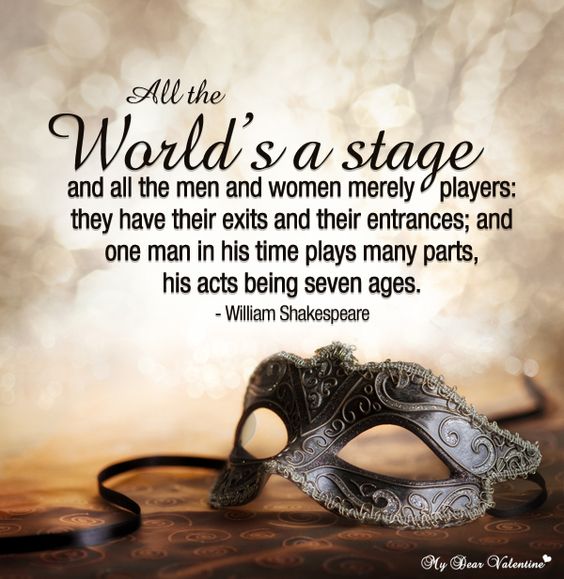
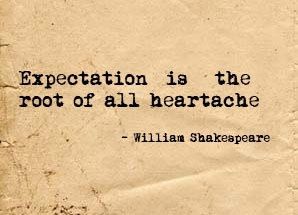
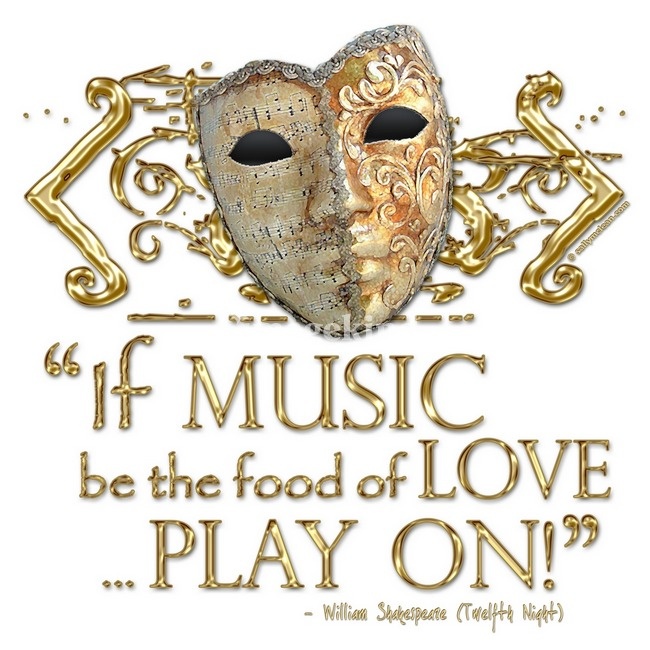
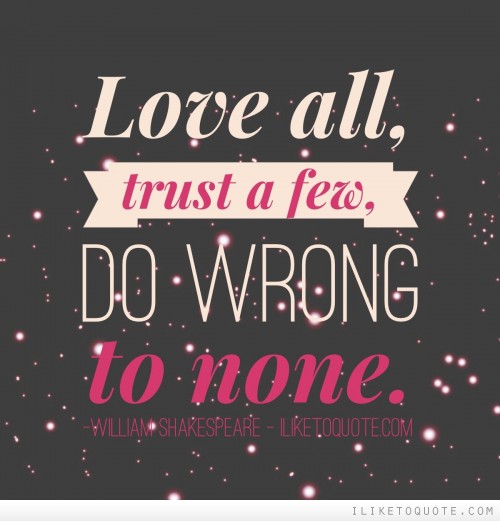



|
William Shakespeare |
Shakespeare |
|
William Shakespeare was born in 1564 in Stratford-uponAvon, in England. His father, John, was a glove-maker. His mother, Mary, was a farmer’s daughter. He had two older sisters, two younger sisters and three younger brothers. |
|
William probably studied Latin, Greek and history, and left school when he was 14 or 15. Three years later he married Anne Hathaway. They had a daughter called Susanna and twins named Judith and Hamnet. Sometime before 1590 he left Stratford and went to London, the capital city of England.
London’s first theatre opened in 1576. Shakespeare worked in London as an actor and then started writing plays too. In 1593 the plague, a terrible disease, killed thousands of people and theatres were closed. During this time William started to write poems instead of plays. His short poems are called sonnets.
 Shakespeare helped build a new theatre called The Globe. It opened in 1599. It was round and had space for 3000 people. At The Globe some people stood in front of the stage and others had seats. The audience shouted, clapped, booed and laughed while they watched plays. Musicians created special noises to make the plays more exciting and they had a cannon to make big bangs! No women acted in Shakespeare’s time: men and boys played all the parts.
Shakespeare helped build a new theatre called The Globe. It opened in 1599. It was round and had space for 3000 people. At The Globe some people stood in front of the stage and others had seats. The audience shouted, clapped, booed and laughed while they watched plays. Musicians created special noises to make the plays more exciting and they had a cannon to make big bangs! No women acted in Shakespeare’s time: men and boys played all the parts.
Shakespeare wrote comedies with happy endings, like A Midsummer Night’s Dream. He wrote tragedies which had sad endings, like Romeo and Juliet. His history plays are about kings and queens, like Henry V. Shakespeare wrote 38 plays, maybe more. He loved language and invented new words and expressions that we still use today.
William became rich and famous. He had houses in London and in Stratford. He died when he was 52 on 23 April 1616. His plays and poetry were very popular 400 years ago and they are still popular today. People all over the world love his work because he wrote wonderful stories about very interesting people.
Listen to this story http://learnenglishkids.britishcouncil.org/en/short-stories/william-shakespeare
www.britishcouncil.org/learnenglishkids
© The British Council, 2016 The United Kingdom’s international organisation for educational opportunities and cultural relations. We are registered in England as a charity.


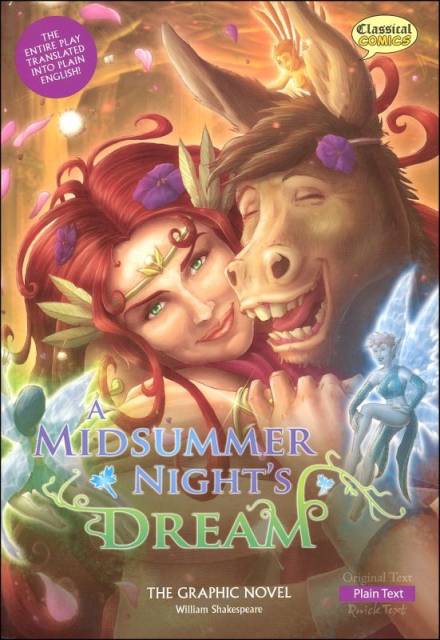
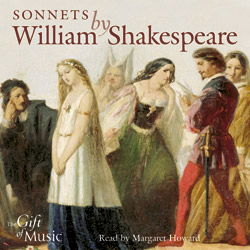
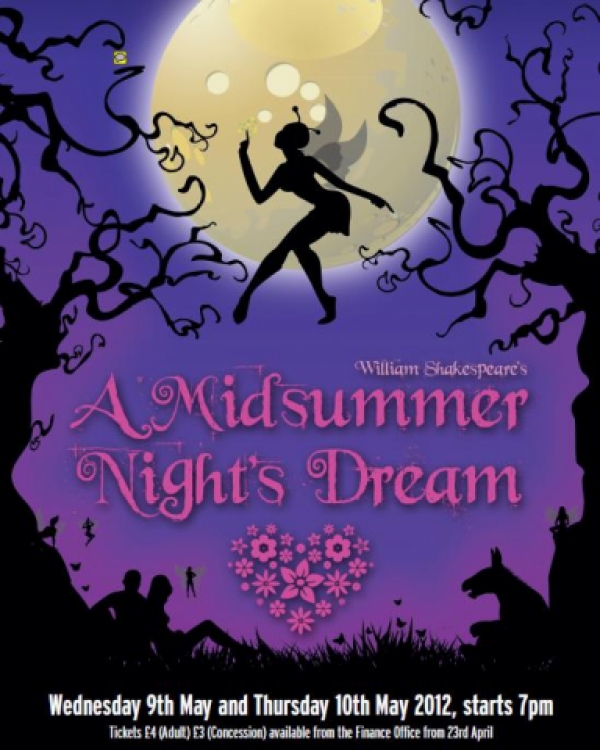
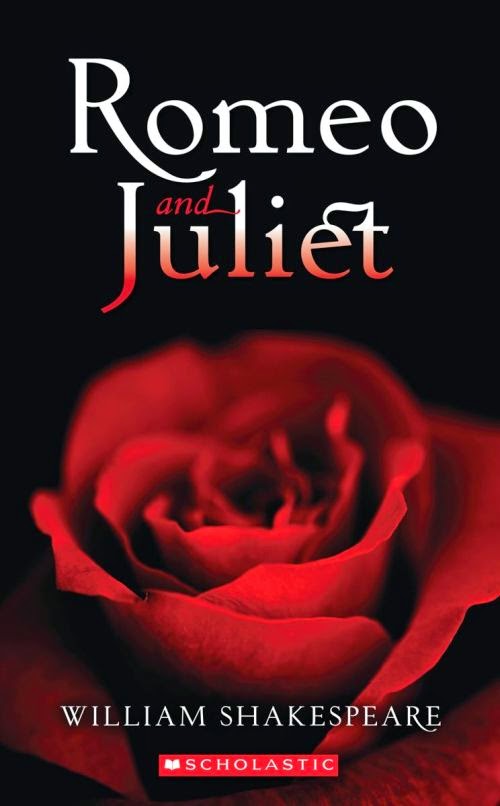
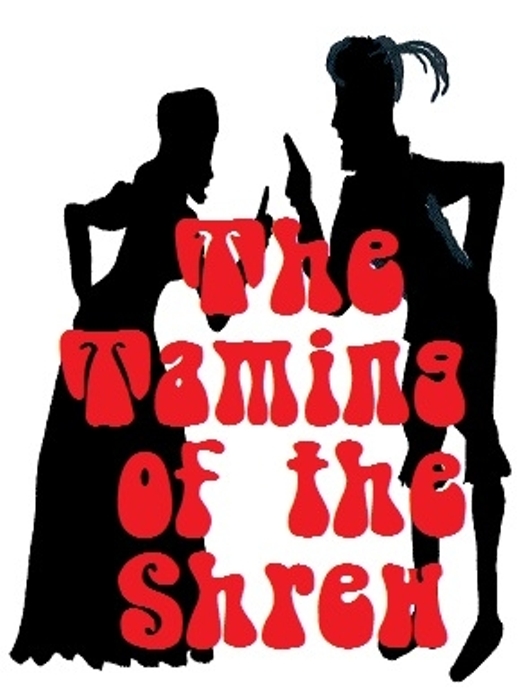
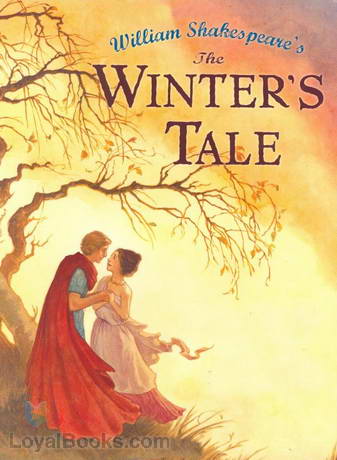
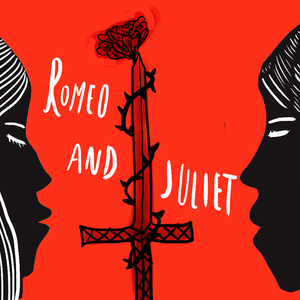
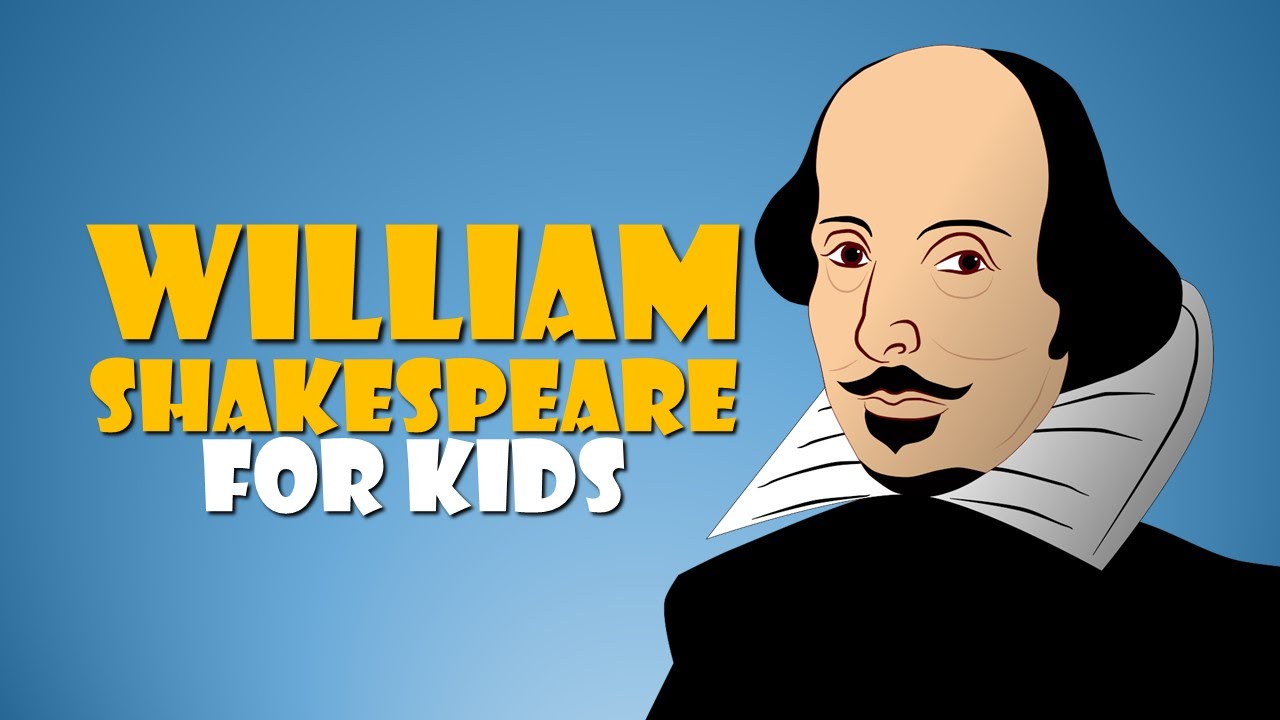
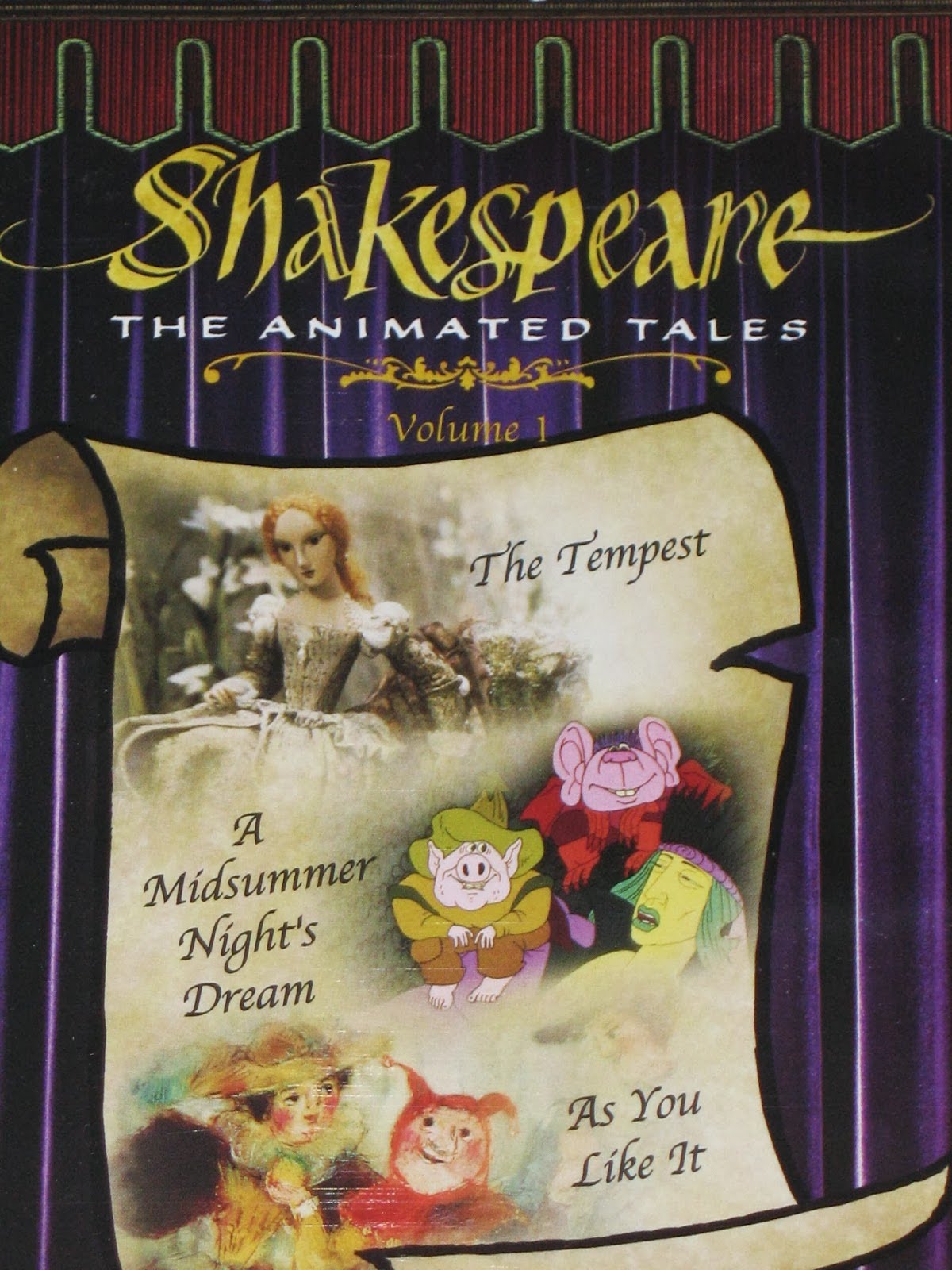
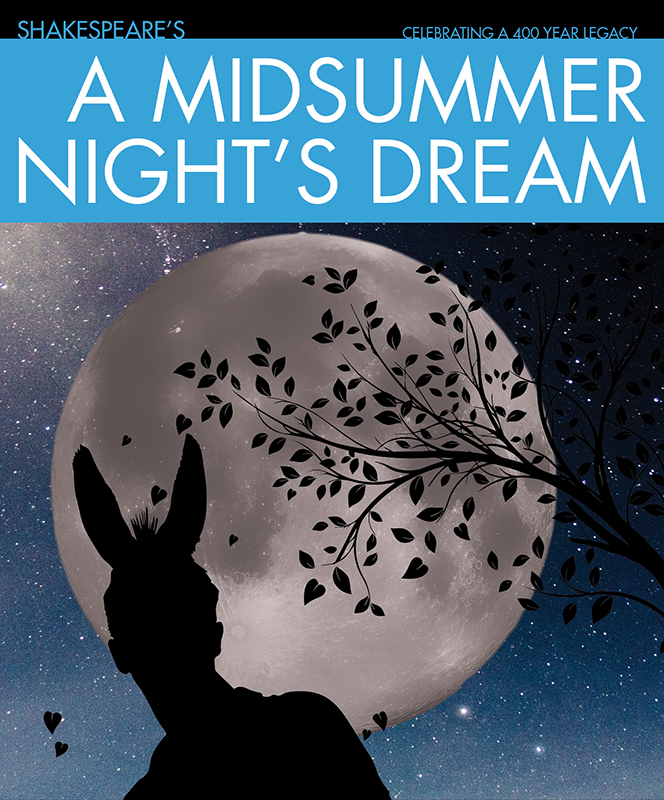
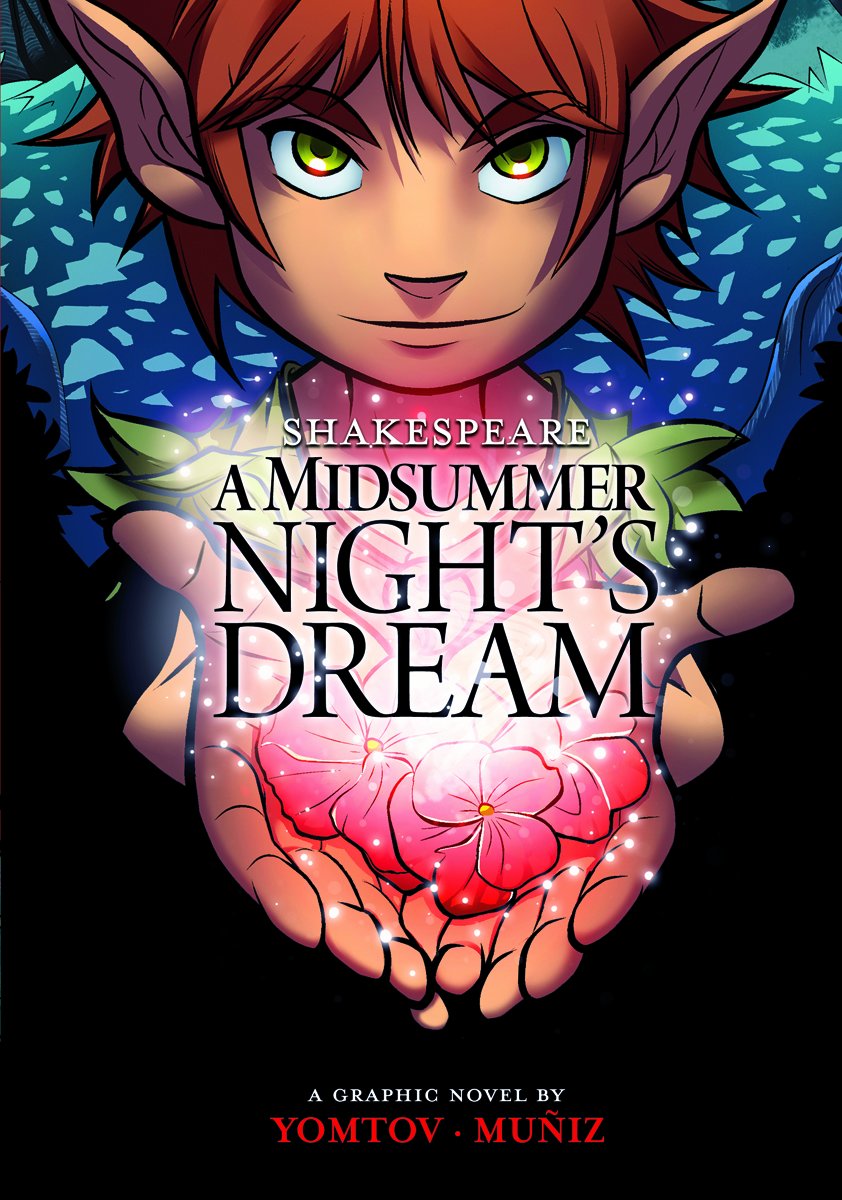
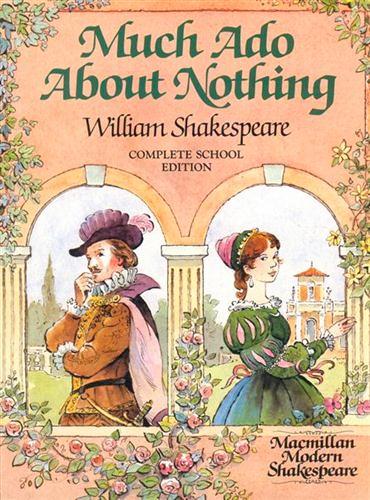
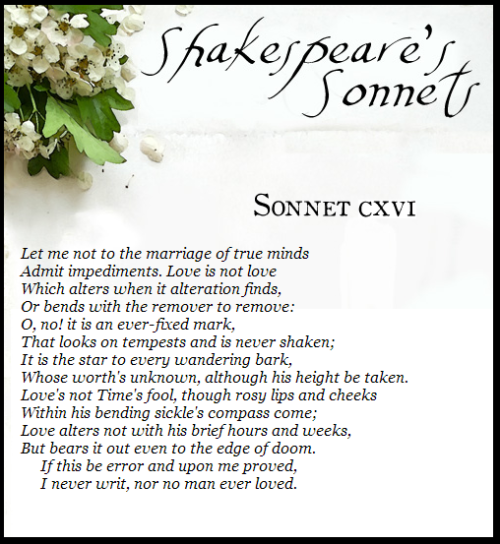
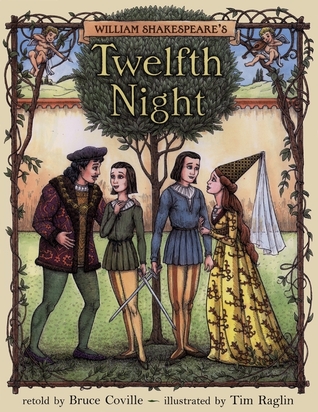
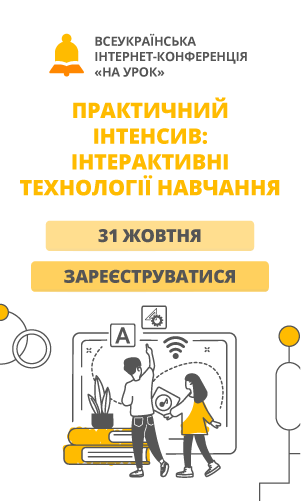

про публікацію авторської розробки
Додати розробку
